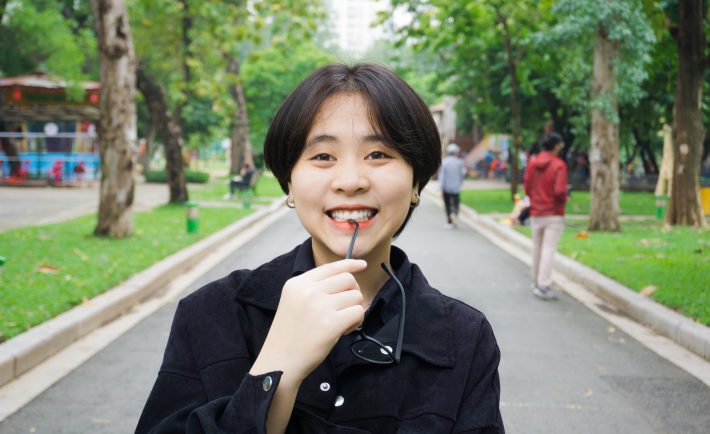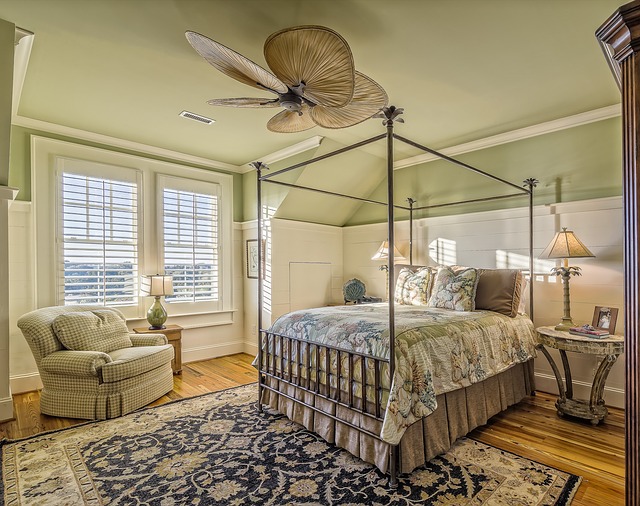Managing your finances as a single man or woman has both its advantages and disadvantages. As such, you have the freedom to choose how you intend to save or spend. On the other hand, married individuals have the safety net of a second income.
The benefit of managing your money when you are single is freedom. There is no one else to check in if you want to spend your Christmas bonus on a trip to Europe. Complete freedom cannot happen when you are married. Living off peanut butter and bread may sound reasonable to you, but your spouse and children may disagree.
When it comes to the disadvantage, you do not have a partner to offer accountability. Moreover, you do not have a safety net of second income should an emergency such as job loss occur. You need to figure out how to pay for food, loan payments, rent, and other expenses alone.
Hence, you must start managing your money by creating a budget.
#1: SET A BUDGET
Control your finances by creating a budget. You can try the 50/30/20 method. With this strategy, you allocate 50% of your income for fixed costs, 20% for savings and debt repayment, and the remaining 30% for your non-essentials. Adjust these percentages when necessary.
#2: FIND AN ACCOUNTABILITY PARTNER
We all need help. If you are single and you are having trouble with staying within your budget, you can find an accountability partner. Here is a helpful phrase: “It is not in the budget!”
#3: MASTER YOUR MEALS
You may be tempted to simply order takeout or eat at restaurants, but this strategy can easily get expensive in the long run. Cooking your own meals can save you a lot of cash. Search online for budget-friendly recipes for one person.
#4: MAKE YOUR GOALS HAPPEN
Set specific, measurable, time-sensitive, and attainable financial goals. Put them into writing. It will be easier to stay motivated when you can read these goals on a daily basis. For instance, you can create a list of goals and stick it to your fridge or make a desktop wallpaper out of it.

Image Credits: unsplash.com



